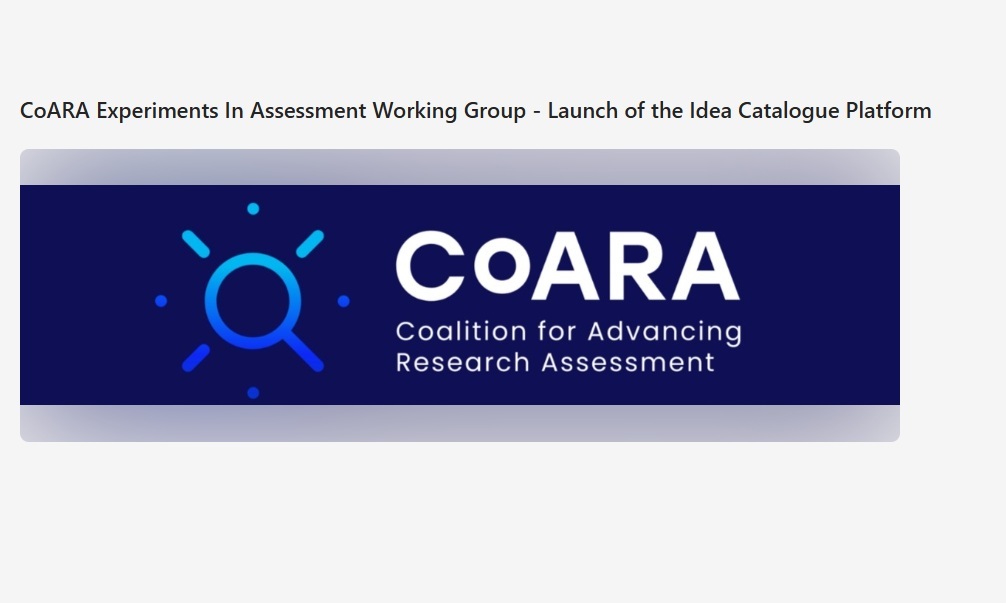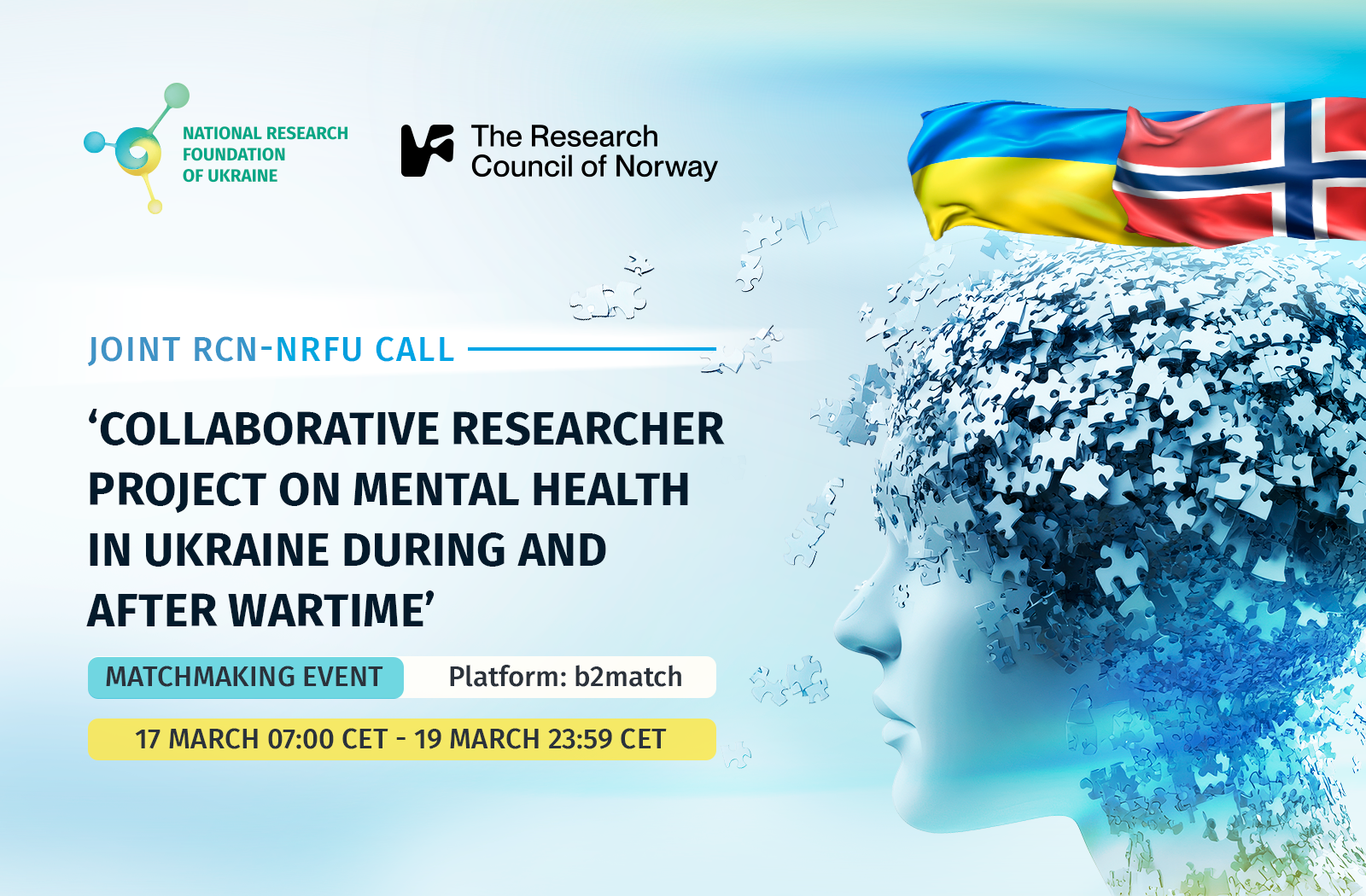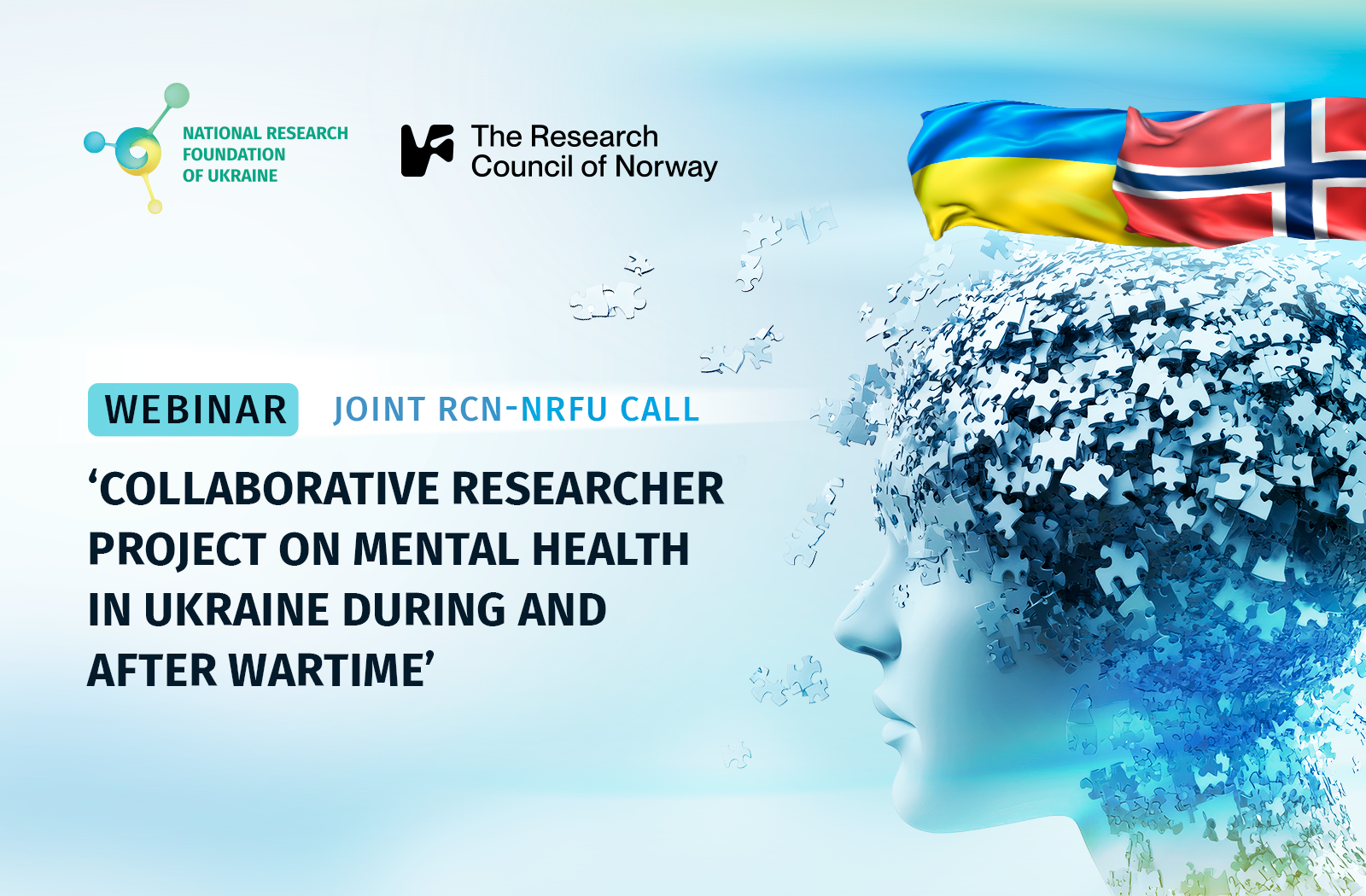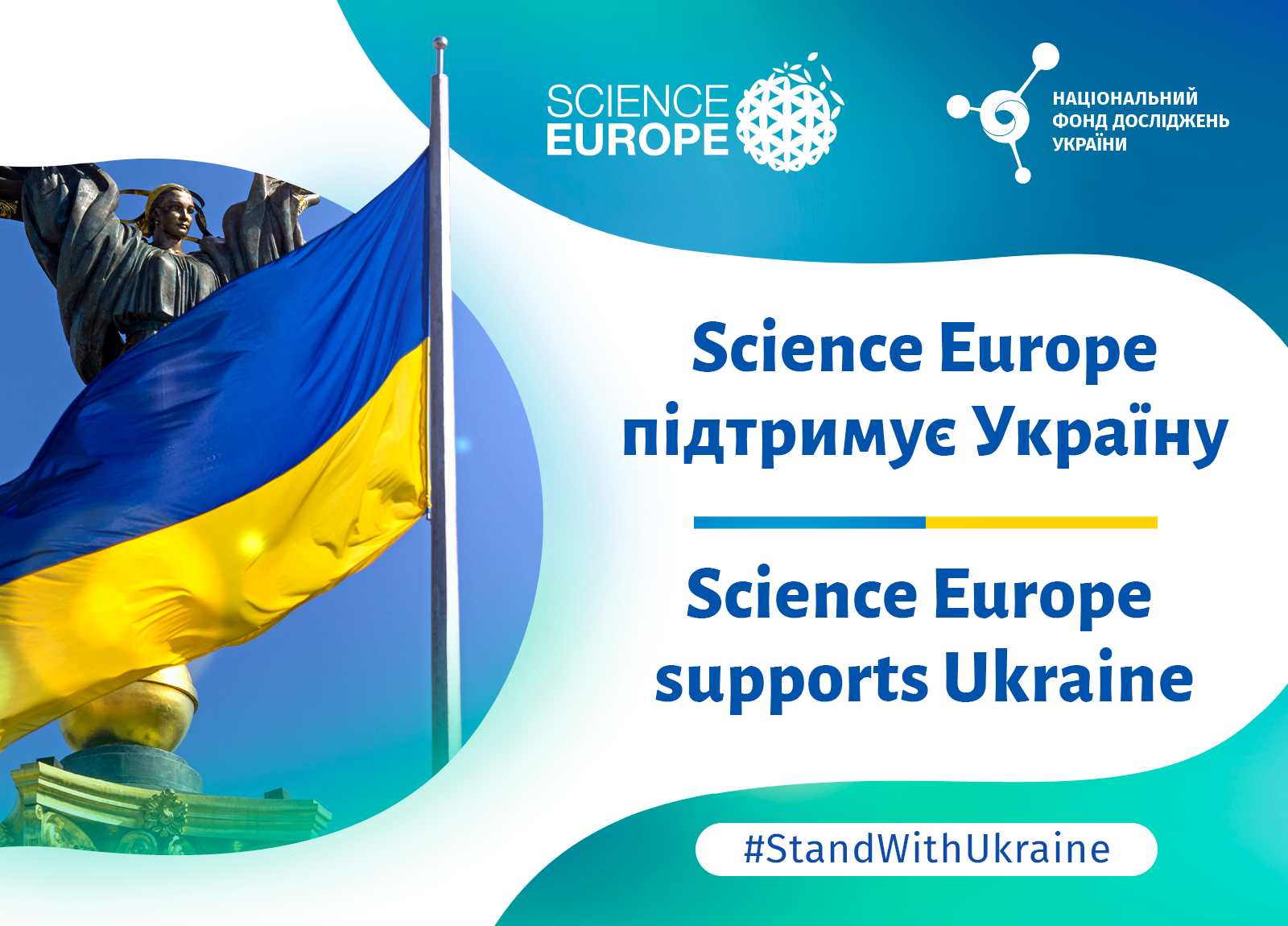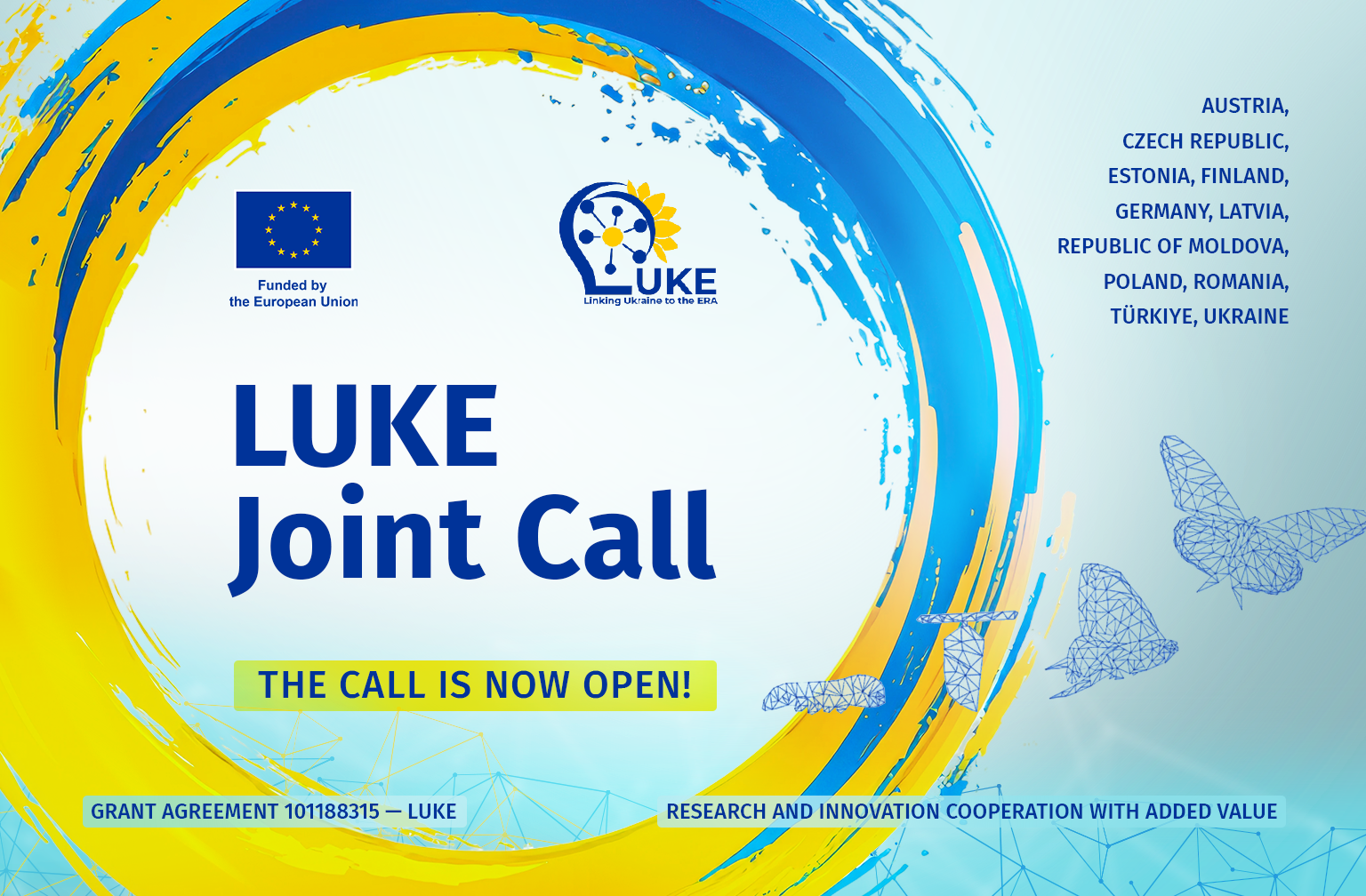On July 3, the conference «Science and Innovation for Ukraine’s Recovery» took place in Kyiv during which UNESCO presented the Action Plan to Support Ukraine’s Scientific Ecosystem in the Context of War and Post-War Recovery. The plan was developed in cooperation with the Ministry of Education and Science of Ukraine, national institutions, including the National Research Foundation of Ukraine, the Delegation of the European Union to Ukraine, as well as international partners.

The conference was attended by more than 150 representatives of the research community, government, international organizations, diplomatic corps and business.
Welcoming remarks were delivered by Minister of Education and Science of Ukraine Oksen Lisovyi, Director of Department for International Organisations of the Ministry of Foreign Affairs of Ukraine Serhii Dvornyk, Charge d’Affaires of German Embassy in Ukraine Dr. Maximilian Rasch, and UNESCO Assistant Director-General for Natural Sciences Lidia Brito.
In his address, Minister of Education and Science of Ukraine Oksen Lisovyi emphasized that science plays a key role in the country’s recovery: “Today we are not just preserving Ukraine’s scientific potential but laying the foundation for its global role in the future. We are confident in the ability of Ukrainian researchers to make a significant contribution to solving key challenges. Our task is to create the conditions for this. I am grateful to our international partners for their support of science as part of common security and growth. Together, we are shaping the future based on knowledge, technology and trust.”
The Action Plan to Support Ukraine’s Scientific Ecosystem during the War and Post-War Recovery, which was presented during the conference, provides for a set of measures for the coming years, mainly: strengthening research infrastructure; supporting early-career researchers; developing international research cooperation; and deepening Ukraine’s integration into the European and global research area.
The main goal of the short-term priority actions is to stabilize Ukraine’s research sector, provide remote access to critical research infrastructure and ensure continuity of research work in a crisis situation. Among the pilot measures envisaged in this priority are research grants for Ukraine. As stated in the document, in close cooperation with the National Research Foundation of Ukraine, it is planned to create a mechanism for accelerated grant funding and emergency fellowships. This is necessary to support the livelihoods of researchers affected by the war, and primarily early-career researchers, female researchers, internally displaced persons, and researchers with disabilities.
The forum participants discussed the challenges, issues and opportunities for growth in the scientific field during the panel discussion ‘Science and Innovation for the Recovery and Reconstruction of Ukraine’. The discussion was attended by President of the National Academy of Sciences of Ukraine Anatoliy Zagorodny, President of the Minor Academy of Sciences of Ukraine Stanislav Dovgyi, Deputy Minister of Education and Science of Ukraine Denys Kurbatov, Executive Director of the National Research Foundation of Ukraine Olga Polotska, and Research and Innovation Adviser at the Delegation of the European Union to Ukraine Yehor Pyvovarov. The discussion was moderated by Olha Budnyk, Advisor to the President of Ukraine on the Presidential Foundation for Support of Education, Science and Sports.

The panelists highlighted the key challenges facing the scientific sector: preservation and development of human capital, stable funding, institutional capacity, and development of STEM education.
When asked whether it is possible to plan today and for what time frame, Olga Polotska emphasized that the approach to planning all important activities should be well-grounded and scientifically verified. “Even in today’s extremely challenging environment, we have no right not to plan ahead,” she noted. “Of course, long-term plans may sound naive but building the right planning strategy and being able to respond to challenges are very important.”
Olga Polotska also spoke about the dynamics of changes in the research funded by the NRFU. She reminded that over all the years of its operation, the NRFU has never worked under normal conditions. The Foundation announced the first calls in the year of the COVID-19 pandemic, and researchers offered a lot of ideas to overcome the consequences of the pandemic, and not only in medicine. Since the beginning of the full-scale invasion, Ukrainian researchers have been actively generating ideas aimed at strengthening the country’s defense capabilities and post-war recovery. In the process of implementing their projects, researchers develop new materials, approaches, and technologies that are of practical value for the rebuilding of critical sectors and the long-term development of Ukraine.
Unfortunately, the number of applications for the Presidential Grants for Early-Career Researchers and the Award of the Verkhovna Rada of Ukraine for Early Career Researchers, which the Foundation has been organizing since this year, remains lower than expected. “Everyone is used to the idea that the NRFU is about money. But in addition to money, we also provide opportunities, and early career researchers should take advantage of them,” she stressed.
Special attention was paid to the need to maintain a balance between support for applied research and basic science. In the context of limited resources and the urgent need for technological solutions for defense and recovery of the country, the question of whether it is advisable to focus support exclusively on applied research is increasingly being raised. However, such a strategy is wrong: basic science cannot be put on hold, as it forms the basis for future technological breakthroughs. In times of war, it is especially difficult to maintain this balance, both because of the lack of resources and the difficulty of ensuring a transparent and efficient research funding system. However, this remains one of the key challenges and priorities for the National Research Foundation of Ukraine.
The discussion was summarised by Oleksandra Antoniuk, Chairperson for the Scientific Committee of the National Council of Ukraine for Science and Technology Development. She concluded by emphasizing that the Ukrainian scientific sphere is currently operating in non-standard and complicated conditions. “It reminds me of a train running at full speed, and we are rebuilding it into a space rocket. This is our task. We have to become an economy that will be competitive with other economies of the world. Ukraine has this potential. And it is science that should be at the heart of these changes.”
Oleksandra Antoniuk added that Ukraine must demonstrate to the world that it is not only open to receiving assistance, but also committed to offering such assistance to others once it grows stronger.
Svitlana Galata


